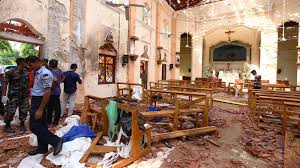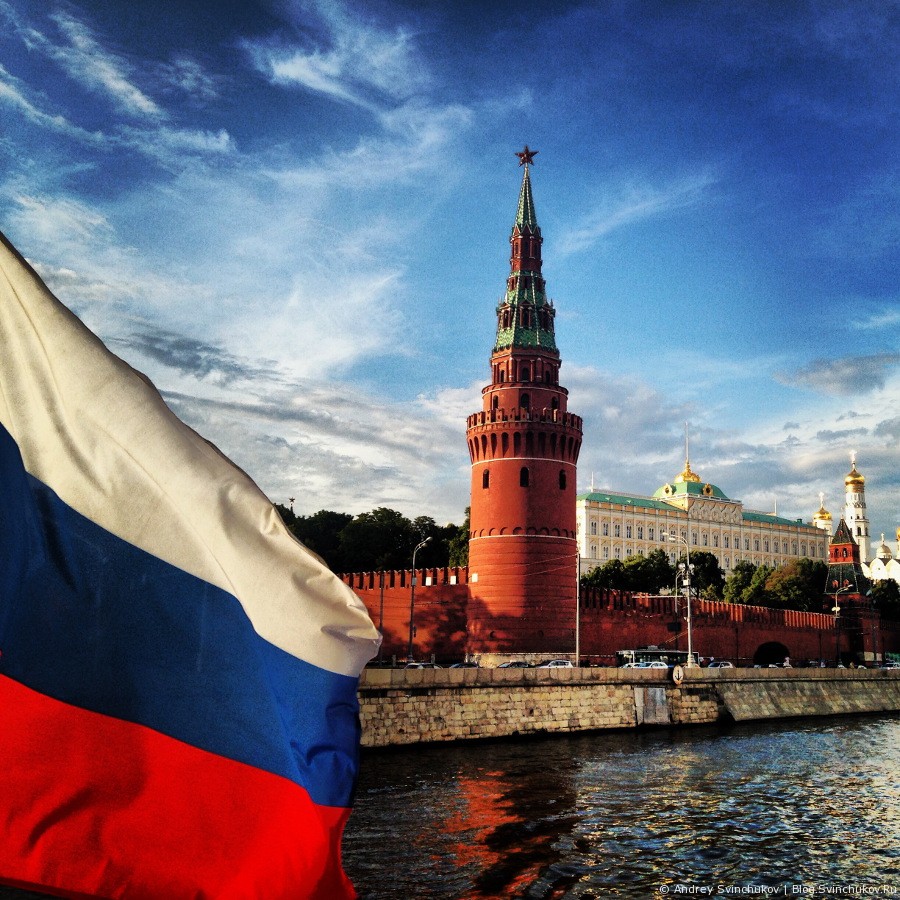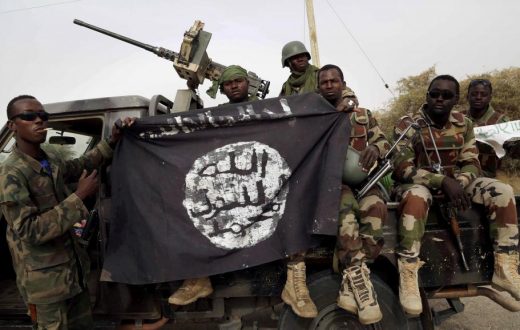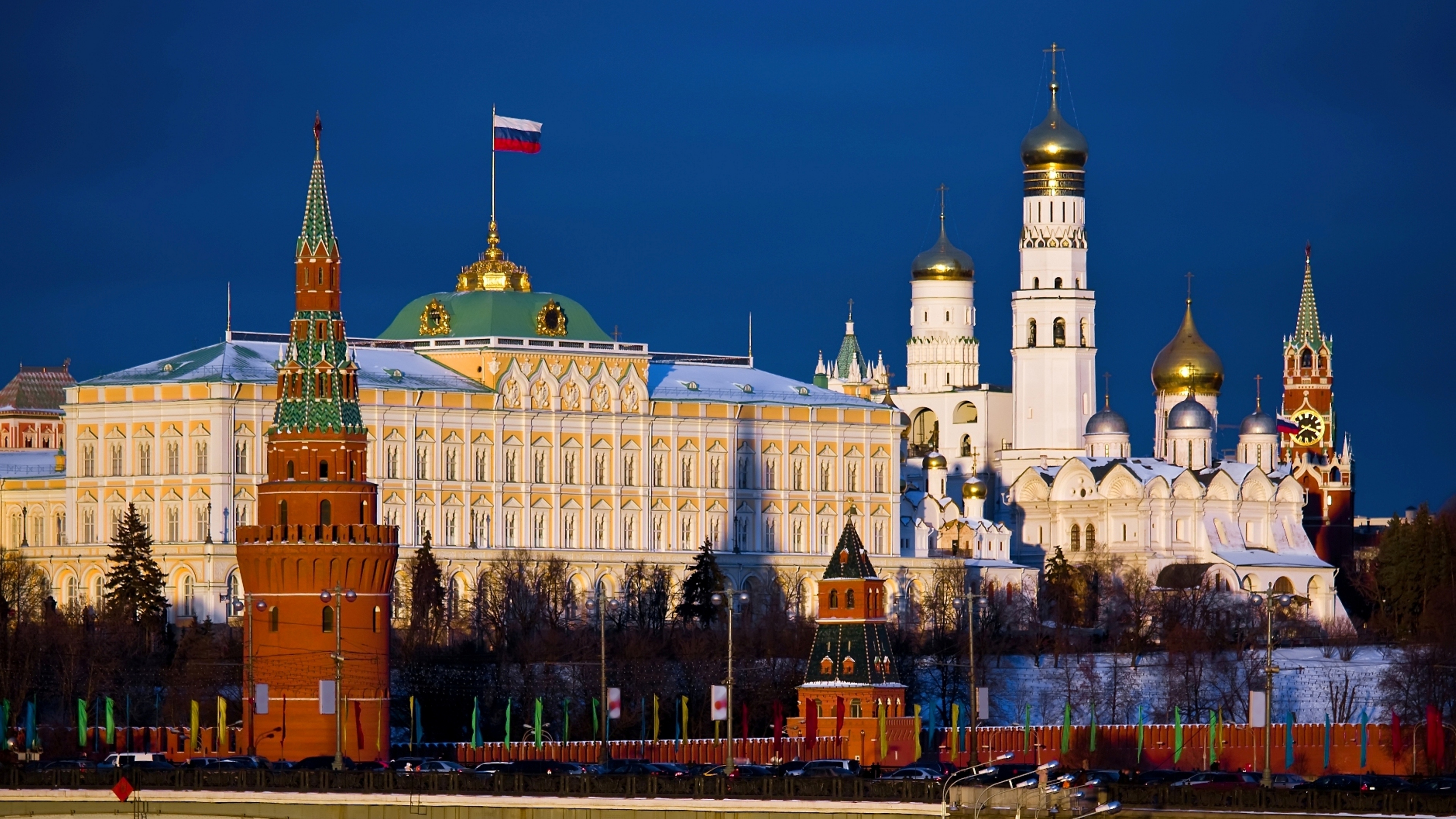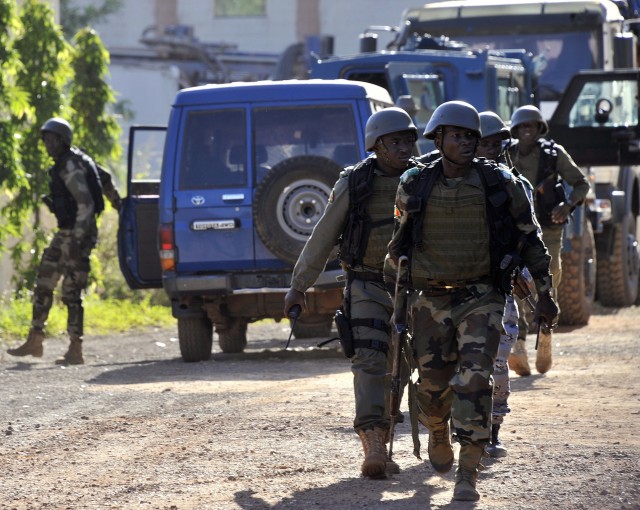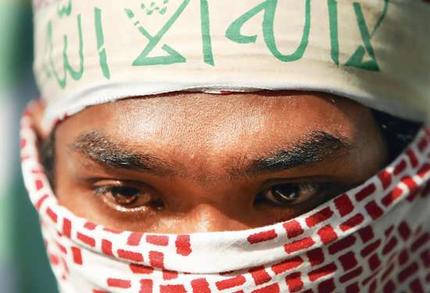More than 300 people including foreigners have been killed and some 500 were injured in coordinated simultaneous terrorist attacks in churches and hotels in Sri Lanka on Easter Sunday. Sri Lankan government accused a little-known radical Islamist group National Thowheeth Jamaath for this attack. Though the so-called Islamic State claimed responsibility for this killings, it has not been confirmed yet. Local investigations reveal foreign involvement in these attacks.
International concerns over Sri Lanka
Just after the attack, US President Trump had a telephone conversation with Sri Lankan Premier Wickremesinghe and expressed his willingness to provide any assistance required by Sri Lanka. US State Secretary Mike Pompeo, Japanese Prime Minister Shinzo Abe, Israeli Prime Minister Benjamin Netanyahu also expressed their condolences and support to Sri Lanka. Some of the iconic buildings also commemorated the attack in different ways. The famous Burj Khalifa highlighted the Sri Lanka flag while the Eiffel Tower turned off its lights to mark the attacks.
Experts from International agencies such as the FBI and Interpol have come forward to assist Sri Lanka with the investigations at the request of the Sri Lankan authorities. The Interpol’s Incident Response Team (IRT) includes specialists with expertise in crime scene examination, explosives, counter-terror and victim identification. It is also ready to provide expertise in digital forensics, biometrics, photo and video analysts.
Are terrorist attacks new to Sri Lanka?
Sri Lanka was a country which had more than two decades of civil war. The government and the Liberation Tigers of Tamil Ellam (LTTE) who demanded an autonomous state for the minority Tamils fought until 2009 but failed to meet their demand. It was LTTE that carried out the first suicide attack in 1987. They had carried out 168 suicide attacks in Sri Lanka which caused severe damages to civilians, economy and the military of the country. Thereafter, the tactic has become a widespread weapon and used by extremists around the world.
The economic cost of the attack
Sri Lanka is known as the ‘Pearl’ of the Indian Ocean and it is one of the most favoured tourist destinations in the world. These attacks affected the tourism industry which contributes to the GDP of Sri Lanka considerably. Terrorists targetted the luxury hotels such as the Shangri-La, the Kingsbury and the Cinnamon Grand and more than forty tourists were killed. Cancellations are still underway and those who are already here have shortened their stay. Some have even turned back from Doha while in transit after hearing about this tragic incident. A number of countries like the US, UK, China, Canada, Spain, Israel, and Australia issued travel advisories to their citizens.
Major reasons for international concerns
Sri Lanka is a maritime nation in the Indian Ocean and lies near the important sea lines of communication (SLOC). Free and open seas with uninterrupted maritime trade based on the rule of law are the key to economic prosperity. The strategic location of this tiny island attracted many countries including China. Sri Lankan ports are also a part of China’s “string of pearls”. China’s reason to concern about Sri Lanka’s security is obvious as it has billions of dollars of FDI here. The security of the main strategic locations of Sri Lanka such as the Hambantota Port and Colombo Fort City is of utmost importance to China as it owns them for 99 years. Also, China does not want any other powers including the USA and India to enter into this small island as it aspires to monopolize the Indian Ocean. Therefore, China would not simply observe this security threat though there is no obvious response from it so far. It is unclear why China hasn’t sent its security forces to probe into the attack while the FBI has already arrived and Interpol has deployed a team to investigate the incident.

